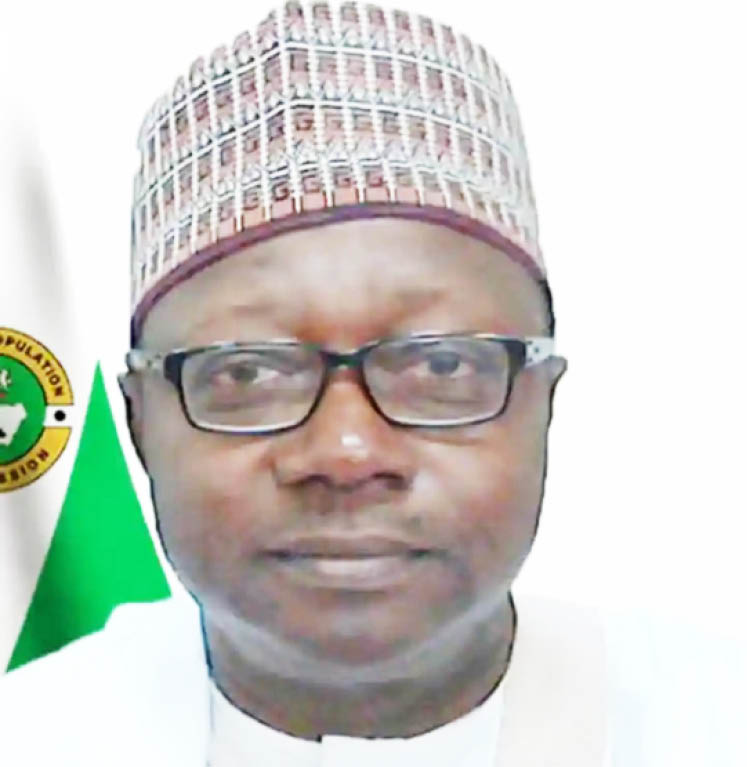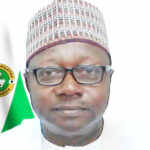The Chairman of the National Population Commission (NPC), Hon. Nasir Isa Kwarra, has stated that accurate population data will enable Nigeria to get it right in resource allocation and policy formulation across vital sectors such as healthcare, education and infrastructure.
Speaking during a paper presentation, titled ‘The Power of Partnerships: Co-Developing Population Data for National Planning’ at the 10th anniversary of the WorldPop in Southampton, United Kingdom, Kwarra pointed out Nigeria’s unique challenges, including its vast geography and cultural diversity, which complicate data collection efforts.
In a statement, he said for a country as populous and diverse as Nigeria, with an estimated population exceeding 200 million, harnessing the collective strengths of various stakeholders through strategic partnerships is not just advantageous but indispensable.
“Without reliable data, planning becomes speculative, increasing the risk of resource misallocation,” he stated.
- Resources: We’ve squandered God’s gifts – Obasanjo
- Kwankwaso’s ex-commissioner emerges PDP chair in Kano
The NPC chairman also highlighted that successful population data development hinges on collaborative relationships among various stakeholders, including government agencies, NGOs and international organisations.
He noted that bringing together these diverse stakeholders helps pool resources, share expertise and work towards a common objective of enhancing data quality and accessibility.
Kwarra outlined several benefits of partnerships including resource mobilisation, expertise sharing, capacity building and innovation.
He cited several successful partnerships that have significantly impacted Nigeria’s population data landscape. He stated that collaborations with organisations like the UNFPA, UNECA and the United States Census Bureau have prepared NPC for Nigeria’s first fully digital census, a transformative initiative for demographic data collection.
“Throughout the preparation phase, the NPC has leveraged both national and international expertise, resulting in the generation of a robust geospatial frame for the country and the enhancement of Geographic Information System (GIS) capabilities.
“These advancements are invaluable in our data-driven future, where spatial data is crucial for effective planning and resource allocation.”

 Join Daily Trust WhatsApp Community For Quick Access To News and Happenings Around You.
Join Daily Trust WhatsApp Community For Quick Access To News and Happenings Around You.

